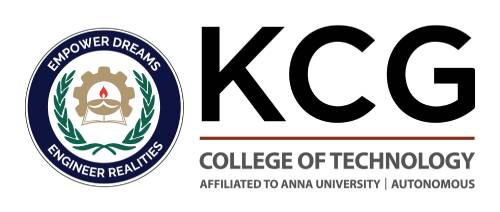Sustainability: Pioneering the Future of Engineering Education in India
In the ever-evolving landscape of engineering and technology, sustainability has emerged as a driving force, revolutionizing the way we approach engineering education in India and around the world. This seismic shift is not only transforming the engineering market but also shaping the next generation of engineers who are primed to address the environmental and social challenges of our time.
The Sustainability Revolution in Engineering
Sustainability, once a niche concern, has now assumed a central role in engineering. It is no longer just an ethical choice, but a crucial business imperative. In today’s global context, businesses are increasingly looking for engineers who can design, innovate, and build with sustainability in mind. Engineers are expected to create solutions that not only meet current needs but also ensure the well-being of future generations.
Sustainability and the Engineering Market
The integration of sustainability principles into the engineering market has ushered in a new era of innovation and competition. Companies are realizing that sustainable engineering practices not only reduce their environmental footprint but can also lead to significant cost savings and improved market positioning. As a result, the demand for engineers who possess sustainability skills is on the rise.
Sustainable engineering practices are evident across various sectors, including:
- Renewable Energy: The renewable energy sector has witnessed substantial growth in the last decade. Engineers are at the forefront of developing, implementing, and maintaining renewable energy technologies like solar, wind, and hydroelectric power in an effort to combat serious environmental hazards such as global warming as well as air, land and water pollution.
- Green Building Construction: Sustainable construction practices, such as energy-efficient designs and materials, have become the standard in the real estate industry.
- Waste Management: Engineers are designing innovative waste management systems that aim to reduce waste generation and promote recycling.
- Transportation: The automotive industry is transitioning to electric and hybrid vehicles, driven by engineers specializing in sustainable transportation solutions.
Sustainability in Engineering Education
To keep pace with these market trends and industry demands, engineering education in India is also evolving at a rapid pace. KCG College of Technology, one of the best engineering colleges in India is at the forefront of this transformation as it recognizes the importance of infusing sustainability into its engineering curriculum.
- Curriculum Enhancement: KCG College of Technology has revised its engineering curriculum to include courses on sustainable engineering practices, environmental impact assessment, and green technology.
- Research and Innovation: The college encourages students and faculty to engage in research projects that focus on sustainable engineering solutions. This approach fosters innovation and problem-solving skills.
- Industry Collaboration: KCG College of Technology has established partnerships with industry leaders in sustainable engineering, providing students with opportunities for internships and hands-on experience.
- Awareness and Outreach: The college organizes workshops, seminars, and conferences that promote awareness of sustainability in engineering. These events provide a platform for students to interact with experts and stay updated on industry trends.
The Future of Sustainable Engineering
The convergence of sustainability and engineering is here to stay. Engineering graduates from KCG College of Technology are not only equipped with the technical skills needed to excel in the field but also have a strong foundation in sustainability principles. They are the change-makers and problem solvers who will lead India toward a more sustainable and prosperous future.
In conclusion, sustainability is not just a trend but a transformational force that is reshaping the engineering market and, consequently, engineering education in India. It’s not merely a choice, but a necessity for a better, greener, and more prosperous world. As other institutions follow the example set by KCG College of Technology and continue to adapt and innovate, the engineering graduates they produce will be at the vanguard of this sustainability revolution.








